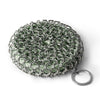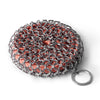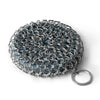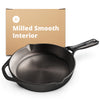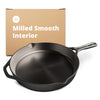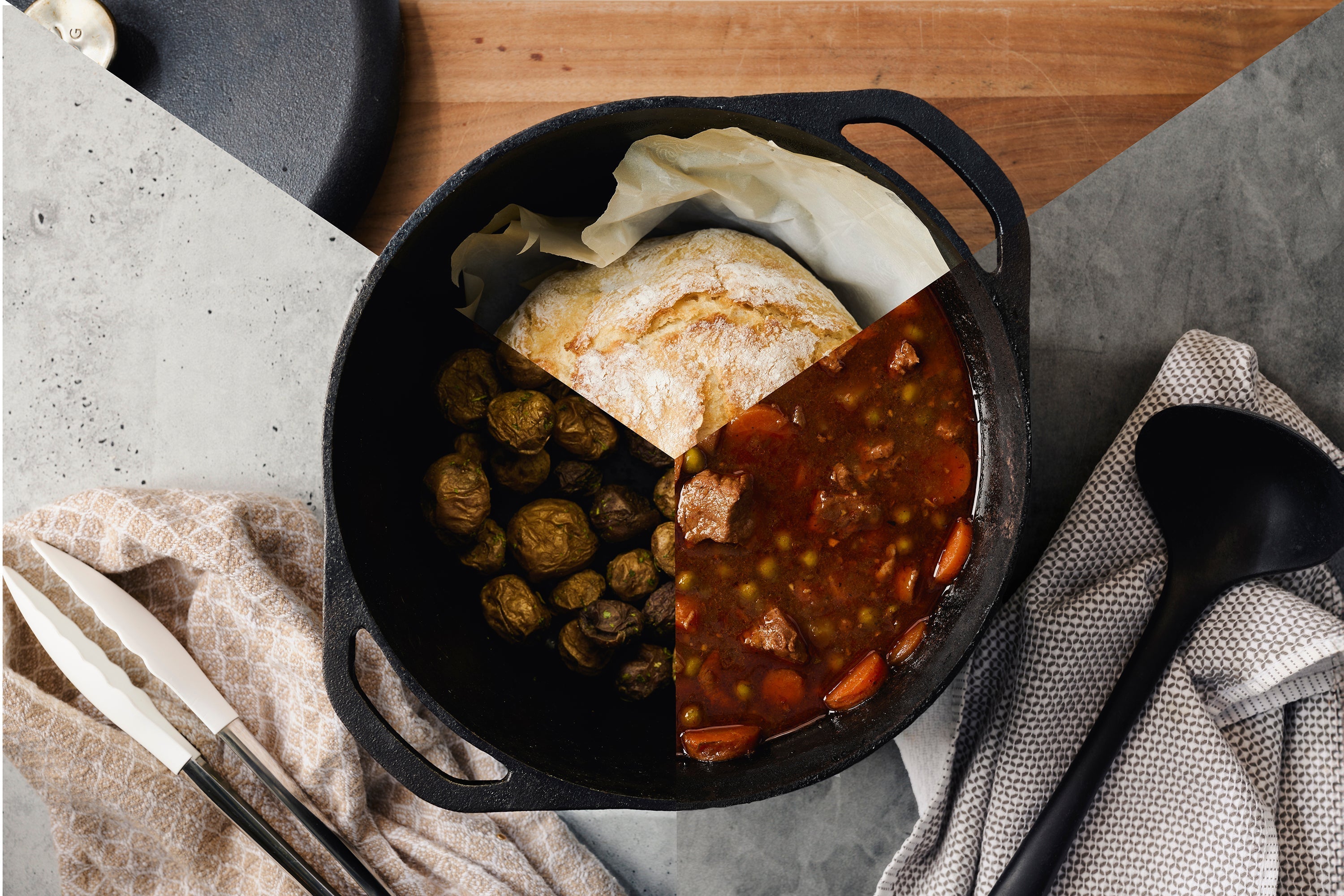
If your Dutch oven is collecting dust in a cabinet, it’s time to bring it front and center. This one pot is wildly versatile—able to roast, bake, simmer, and slow cook like a pro.
Here’s how to unlock its full potential—no extra gadgets, no stress.
1. Crispy Roasted Veggies (No Air Fryer Needed)
Want that golden, crispy finish on potatoes, carrots, or cauliflower? Skip the air fryer. A Dutch oven’s thick cast iron holds heat evenly, so once it’s hot, it stays hot. That means caramelized edges, tender insides, and no flipping halfway through.
Why it works: The enclosed space traps heat and moisture, but the heavy walls create dry, direct contact that gives you the crisp factor—naturally.
2. Bakery-Style Bread
Homemade bread might sound intimidating, but with a Dutch oven, it’s surprisingly simple. It traps steam during the first part of baking, which helps your bread rise higher and form that classic crackly crust.
Why it works: Preheating the pot gives you an instant blast of heat that mimics a professional bread oven. The lid keeps steam in, so your crust doesn’t harden too soon.
3. Slow and Steady Meals
Think soups that simmer all day, stews that fall apart with a spoon, or braised meats that melt in your mouth. A Dutch oven can handle low, slow cooking just like a Crockpot—but with richer flavor and no waiting for it to heat up.
Why it works: It distributes heat evenly and retains it for hours. That means consistent cooking without hot spots.
4. One-Pot Wonders
Sauté your onions, sear your protein, simmer your sauce, then pop it in the oven—all without switching pots. Dutch ovens are made to go from stovetop to oven and back again, which means less mess and more flavor.
Why it works: You build layers of flavor in one place, and cast iron holds onto it.












